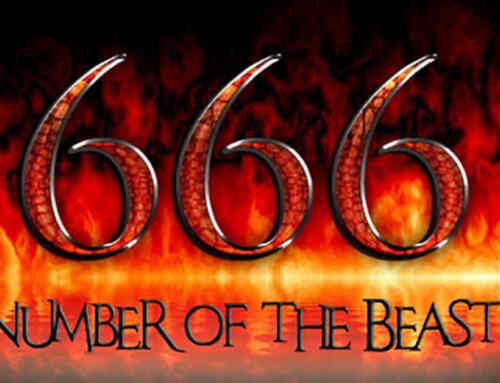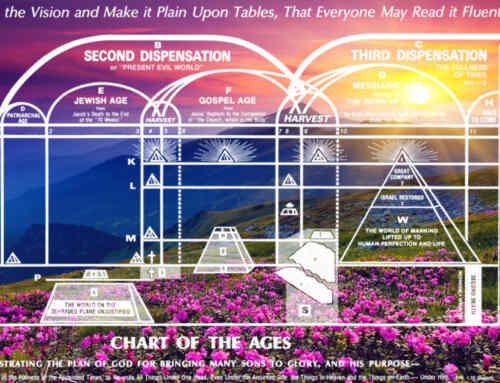There is nothing in the Bible that says a person should not eat meat on Friday's during Lent or the rest of the year. It is a man-made rule established by the Roman Catholic Church under what is called canon or religious law. The 1983 Code of Canon Law #1251 refers to not eating meat on Friday throughout the year. Because it is a man-made rule, it can also be changed by man, and recent years have seen greater laxity in enforcing this rule. The period of time known as Lent, likewise, was not marked in Biblical times.
True repentance or penitence is from the heart. It means that we are sorry for what we have done and have prayed and told God we are sorry and ask His forgiveness, and that we will go forward doing our best to not repeat our mistakes. We cannot get ourselves right with God by works, by things we do, by "acts" of repentance or "penance." This would include fasting. However, the idea behind fasting is good: to simplify diet and keep a person's focus on serving God and following in Jesus' footsteps each day. Some find fasting helpful in their desire to achieve a greater closeness to the Lord. The Bible speaks of fasting as being done in private, not as the scribes and Pharisees did, boasting of it. Matthew 6:16, "Moreover when ye fast, be not, as the hypocrites, of a sad countenance: for they disfigure their faces, that they may appear unto men to fast." So, even if a person fasts for a good reason, it should not be done for outward show, or to follow an outward rule or ritual, such as not eating meat on a particular day or season.
Anything we do in the way of good works, or charity, we should consider to be an offering of thankfulness to God. We are thankful for God's care over us, for his blessings to us. 1Thessolonians 5:18: "In everything give thanks: for this is the will of God in Christ Jesus concerning you." He gave us the supreme gift, His Son Jesus, who died on the cross in order to ransom all mankind from the grave. Nothing we could do in the way of good works or outward behavior could be enough to make us right in God's sight, to justify us in his sight.
The only thing we have of value to give the Lord is our heart, our human will, to follow in Jesus' footsteps. This means living a life of sacrifice, doing God's will daily. This is what the Apostle Paul means in Romans 12:1: "I beseech you therefore, brethren, by the mercies of God, that ye present your bodies a living sacrifice, holy, acceptable unto God…"













